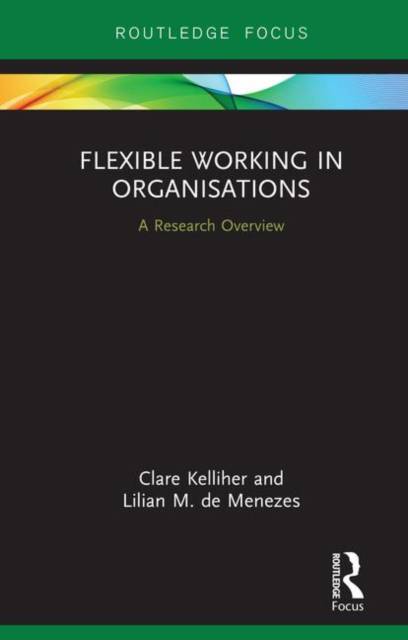
- Retrait gratuit dans votre magasin Club
- 7.000.000 titres dans notre catalogue
- Payer en toute sécurité
- Toujours un magasin près de chez vous
- Retrait gratuit dans votre magasin Club
- 7.000.0000 titres dans notre catalogue
- Payer en toute sécurité
- Toujours un magasin près de chez vous
Description
There is growing interest in flexible working, not only as a means to manage labour more efficiently and for greater agility, but also as a response to increasing concerns over well-being, work-life balance, and participation in the labour force of those with significant non-work commitments (e.g. parents, carers, older workers). As a result, a comprehensive stream of literature on the benefits and challenges of flexible working has developed and led to a body of evidence on the implementation and outcomes of different forms of flexible working arrangements. Of interest to students, academics and policy-makers, this book provides an expert overview of the empirical evidence and offers critical commentary on the state of knowledge in the field of flexible working and new forms of work.
Spécifications
Parties prenantes
- Auteur(s) :
- Editeur:
Contenu
- Nombre de pages :
- 72
- Langue:
- Anglais
- Collection :
Caractéristiques
- EAN:
- 9780815356325
- Date de parution :
- 08-05-19
- Format:
- Livre relié
- Format numérique:
- Genaaid
- Dimensions :
- 140 mm x 216 mm
- Poids :
- 240 g

Les avis
Nous publions uniquement les avis qui respectent les conditions requises. Consultez nos conditions pour les avis.






